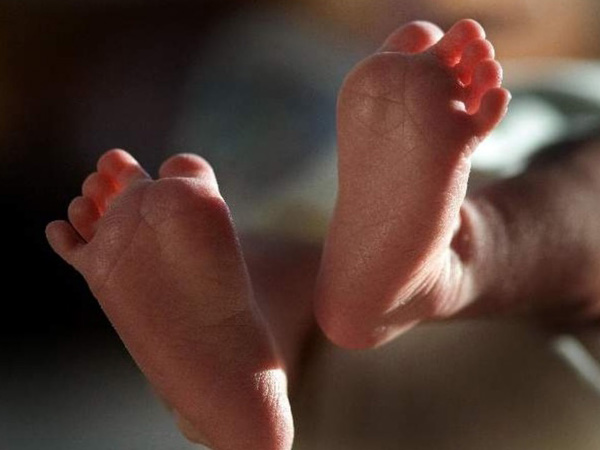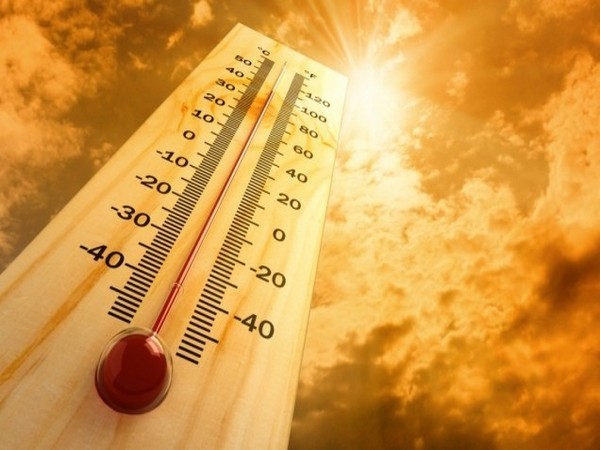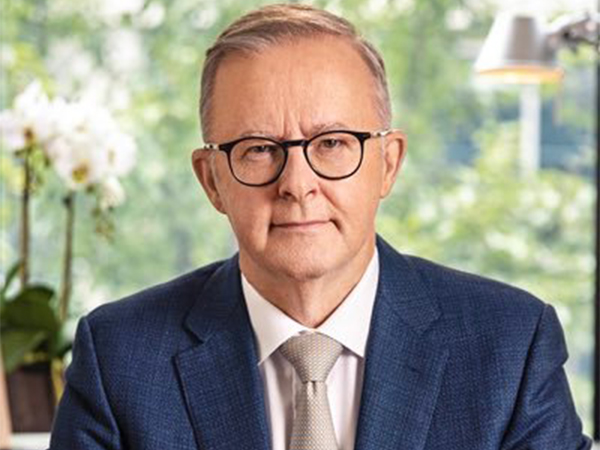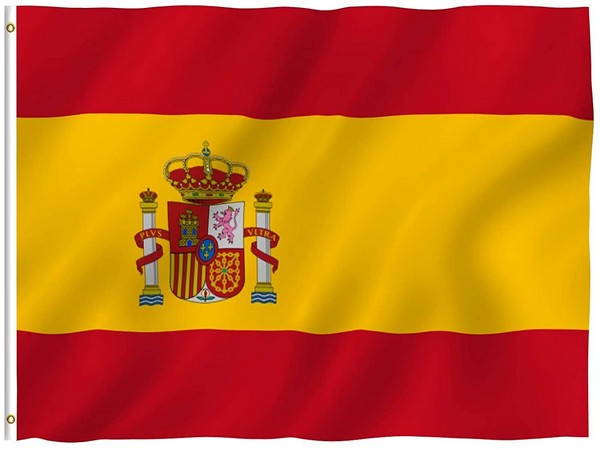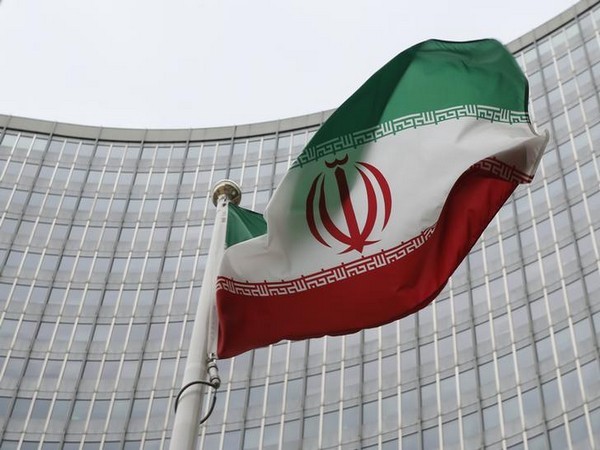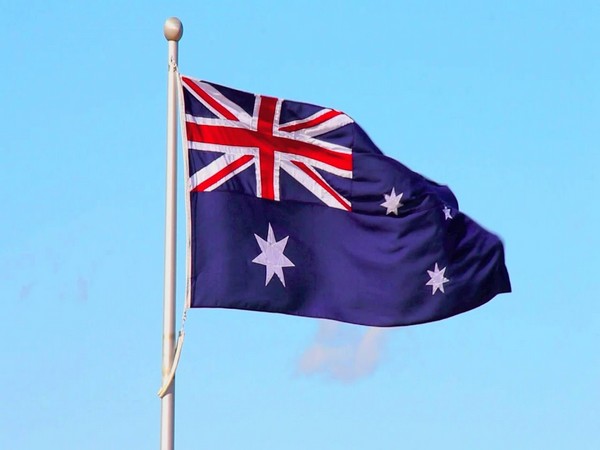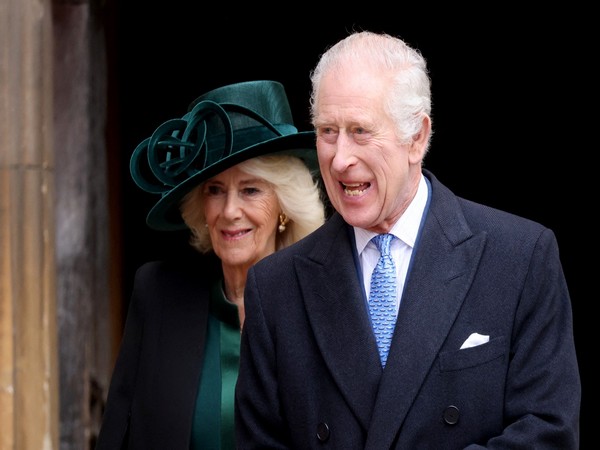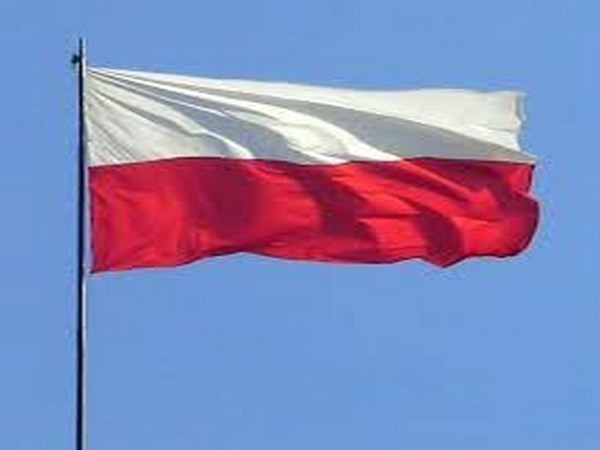
Feature: Energy crisis in Poland stirs air pollution concerns
Nov 06, 2022
Warsaw (Poland), November 6: Polish energy expert Joanna Mackowiak-Pandera has recently moved the gas cooktop out of her kitchen and replaced it with induction hobs. She also got solar panels installed, and ordered a heat pump for her home, in preparation for the long, humid winter in Poland.
However, the high up-front costs of installing a self-sufficient energy system are preventing many households from taking the ecological way out of the current energy crisis. Even under normal circumstances, 37 percent of Polish homes use coal for heating, according to official estimates.
While Poland is the largest coal producer in the European Union (EU), it still needs to cover roughly 20 percent of its needs from imports. In 2020, Russia accounted for 75 percent of Polish coal imports, which then totaled 12.9 million tons, according to data from Statistics Poland.
However, since Poland imposed an embargo on Russian coal this April, well ahead of the EU-wide ban that took effect in August, this route is no longer open, which has left many Poles in a precarious situation just before the start of the heating season.
"Now we are facing troubles with heating our homes," said Mackowiak-Pandera, who is also president of Forum Energii, an interdisciplinary Polish think-tank active in the field of energy.
There's huge discussion and anxiety because many households still do not have coal for heating purposes ahead of winter, said the former environment undersecretary of Poland, adding that importing and replacing these coal supplies from other countries will be a big challenge.
The shortage of coal, coupled with market hoarding and the impact of inflation, has contributed to a rocketing increase in coal prices. "Not everybody can afford the increase of 500 percent of the fuel prices," Mackowiak-Pandera added.
Apart from inflicting a huge financial burden on households and the economy, the lingering energy crisis has environmental and health ramifications too.
Environmental groups like Polish Smog Alert, a well-known Polish NGO dedicated to monitoring air quality, fear that many families will resort to burning anything with calorific value, even trash, in their furnaces.
"We call them (these furnaces) 'smokers'," Piotr Siergiej, the NGO's spokesperson, told Xinhua. "In smokers, people will burn probably whatever is the cheapest."
Poland's air quality is in any case one of the worst in Europe. According to World Bank data, 36 of the 50 most polluted cities in the EU are in Poland. Furthermore, a report by the European Environment Agency put the number of smog-related premature deaths per year at 47,000 in Poland.
According to Polish Smog Alert, more than 50 percent of particulate pollution in Poland comes from domestic solid-fuel stoves. Of the roughly 3 million obsolete boilers used in Poland, only 70,000 had been replaced by more efficient and ecological alternatives in the past two years.
If the weather conditions are poor in the coming winter, there will be more pollution than in previous years, Siergiej said.
Sharing many of Siergiej's concerns, especially about the lack of a coherent energy strategy, Mackowiak-Pandera saw Poland's dependence on fossil fuels as the number one problem.
"Poland has been producing coal for 150 years. But it is not an endless resource," she said.
Source: Xinhua

